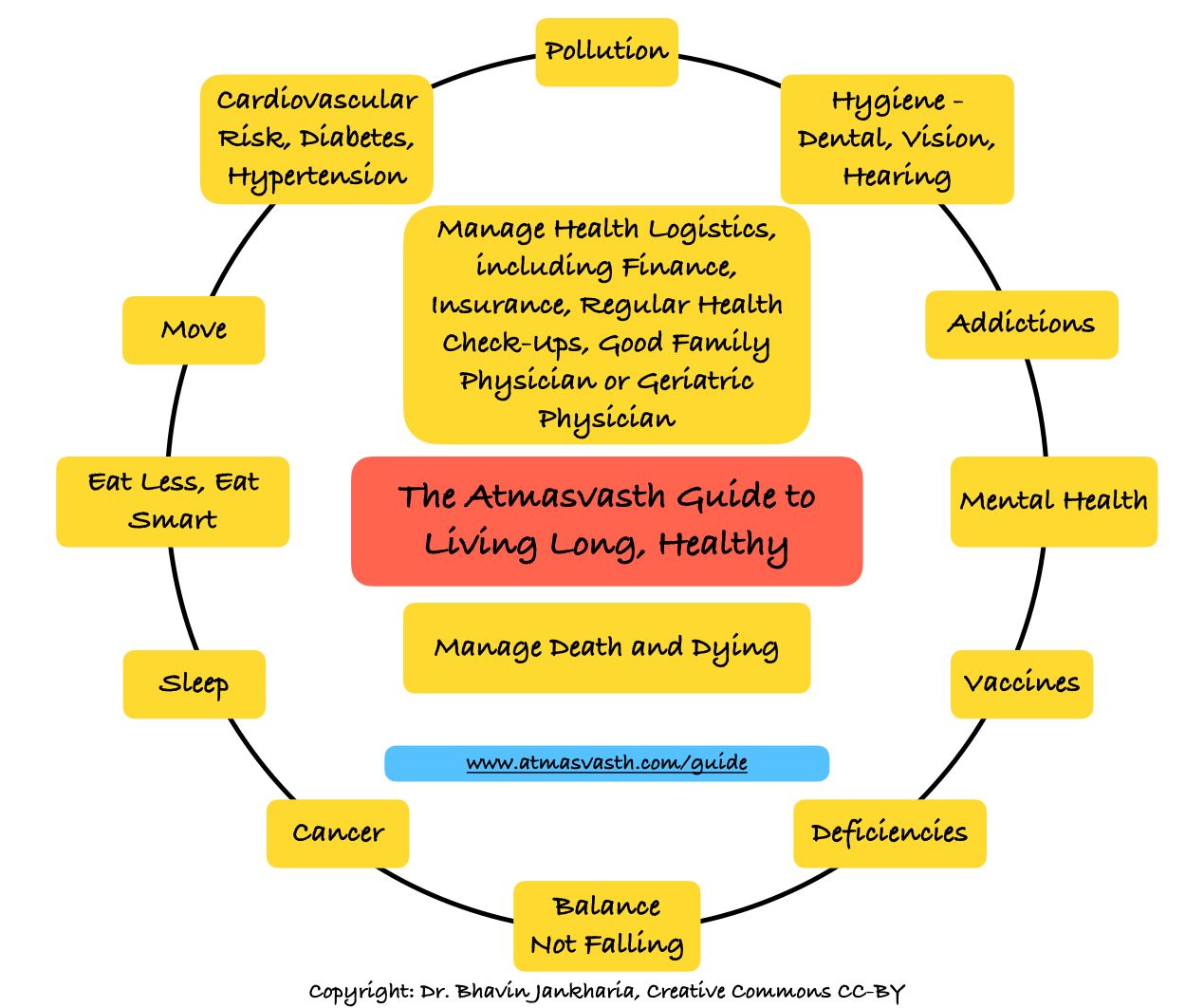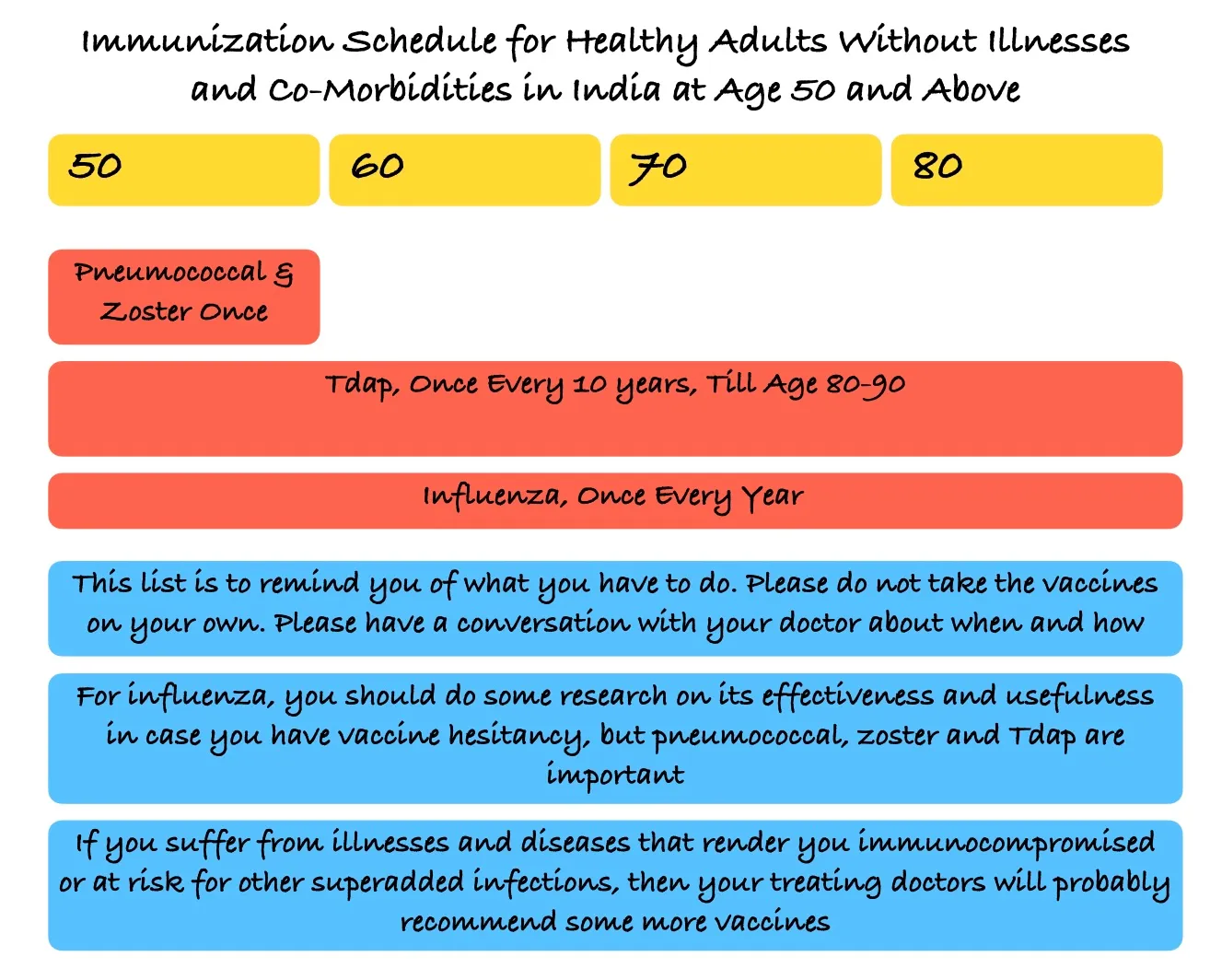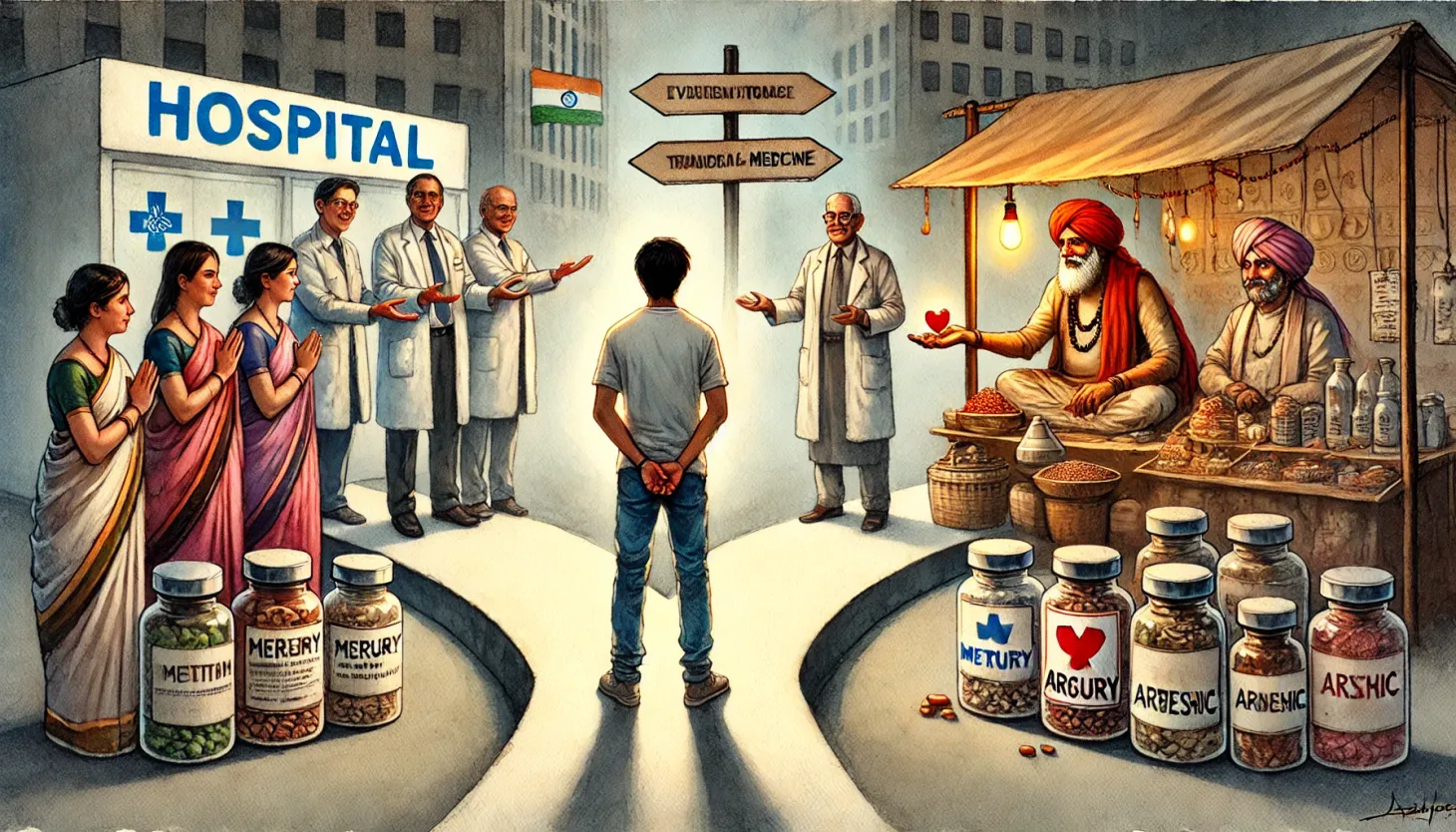Cancer Prevention in a Shot: Halting Cervical Cancer with the HPV Vaccine
The one cancer that can be prevented with an act of commission is cervical cancer

The Book - Kindle Version Now Available Worldwide

The Detailed 15-Point Guide to Live Long, Healthy

Audio
Text
Preventive medicine involves two major aspects. The first is to detect a problem early (high blood pressure, diabetes, some cancers), with the hope that this early detection and then the early treatment that follows will allow us to live long, healthy. The second is to prevent the disease from occurring in the first place, which is far more important than early detection and treatment, but involves less fanfare, because then there is no testing and no treatment involved (because the disease doesn’t occur in the first place).
Preventing disease from occur involves acts of commission and acts of avoidance. Acts of avoidance including stopping smoking and eating gutka and drinking alcohol in moderation or not drinking at all. Acts of commission include physical activity, sensible eating and vaccines.
Cancer of the cervix is the 2nd commonest cancer in women after breast cancer and the 3rd commonest cancer in all sexes [1] with an estimated incidence of 1,27,526 women in 2022 after breast (1,92,026) and oral cavity (1,43,759 - both sexes combined). It is also the 3rd commonest cause of cancer deaths. The number of women living with cervical cancer in 2022 in India was 3,39,589.
I have early written about the HPV DNA test as a screening test to detect cervical cancer early. Though this saves lives, only 2.2% of India’s adult women in the age-group of 30-49 have ever undergone one such test [2]. Only 2.2%…which means that most cervical cancer is diagnosed late, with high morbidity and mortality.
Now imagine if you could prevent cervical cancer from occurring in the first place…a possibility that is now a reality because of the human papillovirus (HPV) vaccine, which when given to young girls can potentially reduce the occurrence of cervical cancer by more than 90%.
While earlier studies have shown that the HPV vaccine reduces precancerous lesions in young women, a recent real-life study from Scotland [3] showed that just one or two doses of the HPV vaccine at the age of 12-13 prevented occurrence of any case of cervical cancer in these girls once they became older adults, while vaccination at an older age (14-22 years) reduced the incidence by 62% (3.2/100,000 vs an incidence of 8.4/100,000 in the non-vaccinated population). In short, the vaccine works amazing well to reduce the incidence and risk of cervical cancer in older women, if the it is administered between the ages of 9-14, as is now recommended by the Indian Academy of Pediatrics [4].
Till early this year, the vaccine was expensive, costing around Rs. 4000, but the introduction of a universally accepted vaccine by the Serum Institute of India is likely to drive down costs significantly, especially if the Govt of India includes the vaccine in its childhood immunization program and makes it available for free across the country.

So what does this mean for you and I, given that the atmasvasth quest to live healthy is aimed mainly at those over the age of 50? If you are over the age of 25, then the best you can do for yourself is to get an HPV DNA test via a cervical smear once every 5 years till the age of 65, to detect cervical cancer early, if you biologically are a woman, or get the women-folk you know to do this, if you are biologically not a woman.
To prevent cervical cancer occurring in the first place, you need to make sure that all the girls in your family (children, grand-children, etc) get an HPV vaccine between the ages of 9-14, which is likely best done as part of their regular immunization schedule, either at the pediatrician’s or the family physician’s clinic.
Footnotes:
1. https://gco.iarc.who.int/media/globocan/factsheets/populations/356-india-fact-sheet.pdf
2. https://main.mohfw.gov.in/sites/default/files/NFHS-5_Phase-II_0.pdf
3. Palmer TJ et al. Invasive cervical cancer incidence following bivalent human papillomavirus vaccination: a population-based observational study of age at immunization, dose, and deprivation. J Natl Cancer Inst. 2024 Jan 22:djad263. doi: 10.1093/jnci/djad263. Epub ahead of print.
4. Rao M IS, et al. Indian Academy of Pediatrics (IAP) Advisory Committee on Vaccines and Immunization Practices (ACVIP): Recommended Immunization Schedule (2023) and Update on Immunization for Children Aged 0 Through 18 Years. Indian Pediatr. 2024 Feb 15;61(2):113-125. Epub 2024 Jan 15.
Atmasvasth Newsletter
Join the newsletter to receive the latest updates in your inbox.



